electrical needs for tankless water heater
hdclown
15 years ago
Featured Answer
Comments (11)
bus_driver
15 years agoRelated Discussions
Electric Tankless Water Heater advise needed.
Comments (4)The problem is that tankless heaters can heat water for an indefinite period of time (you never run out) but they can only heat so much water at one time (gallons per minute). Think about how long it takes to heat a gallon of water in a pot on the stove. It takes a huge amount of energy to heat, say five gallons, in a minute. A standard shower is about 2.5 - 3 gpm. An electric heater would draw about 120 amps to heat water 70 degrees (from 35 to 105) at that flow rate. You are looking at twice that amount for two of the children's showers at the same time -- and that's about it. The rest of the 400 amp capacity of your electric service would have to go to everything else in your house. In fact, depending on your electrical demands, it might not leave enough. Gas tankless (or condensing tank unit) can do a better job of delivering the required amount of heat at one time -- but I'm assuming that gas isn't available. Your multi-head showers are probably that rate for each shower head. It's really easy to get to 10 gpm or more. At that rate, you can empty a 70 gal water heater very quickly. I can't really help you out much more, you have pretty serious hot water demand and you need someone who can go design your system for you-- including the implications for electrical service and hot water storage. As an aside, I think people get enamored with the multi-head showers without a full understanding of what that requires in terms of plumbing and utilities to run. You might also consider a waste water heat recovery system. They reduce the system demands by pre-heating the incoming cold water using the warm water that is going down the drain. These don't normally have a payback except in situations such as yours....See MoreQuestions about hybrid electric water heaters + electric tankless
Comments (1)Electric tankless will require an upgrade as well ... on the electric circuit. A typical electric tank takes a 25 to 30 amp circuit. Electric tankless can be high as 120 amps depending on the needed capacity. Capacity in tankless terms means the heating power required to raise the desired rate of water flow (gallons per minute) from the starting point (lowest tap-water temp experienced during the winter season) to the desired output temperature (typically at least 120ðF for a kitchen with a dishwasher). If your house has a large-enough existing electric drop from the pole, then you'd only have to run a larger circuit from the breaker box. Otherwise you'd also have to upgrade the service drop from the pole....See MoreOn-Demand Electric Tankless Water Heater Questions
Comments (17)Tankless heaters have used as a marketing idea that they will increase efficiency by not having hot water sitting around in a tank all day not being used. It's an easy concept for consumers to grasp, but it's not true. On an electric heater, the difference in the energy factor is very small between a tank and a tankless heater. A tank heater will be in the area of 0.93 and a tankless might be 0.95 - not enough difference to talk about and certainly not enough to provide payback. That represents the amount of heat lost through the walls of a well insulated tank. With gas heaters it's different. The vast majority of the efficiency gain is in the lowered flue temps. Second is not having the heat loss through the center of the tank. For your situation, what you should know is that a properly installed and operating electric tank heater is extremely reliable and efficient. Get yours replaced or repaired and the TPV properly routed to the drain so that it doesn't cause damage. Since you have lost confidence in your heater, I would just replace it rather than repair. Make sure that you are addressing thermal expansion issues that might have caused the TPV to open. If you want more space, consider a stacking washer and dryer and eliminating the sink. The front loading LG's are full size (huge inside) stack and don't use much water - eliminating the overflowing washtub issue. That would be a cheaper way to get space than a tankless heater and they are great machines....See Moretankless electric water heater
Comments (18)dadoes: When we size water heaters we use 105 as the output temp. We use 2.5 gpm for a shower, 1 gpm for a bathroom sink, 2 gpm for a kitchen sink and ~4 gpm for a traditional tub. These are pretty standard numbers to design around. And it doesn't matter if the water heater is outputting 120 degree water and mixed down to 105 or outputs 105 - the result is the same. Patricia Harrington: The hybrid water heaters are in their second / third generation - so they are still a little new, but much more reliable than the first gen. I think that the GE Geospring has been discontinued and replaced with a newer model. They do need some space around them (basement or garage, for example) and they do need to drain condensation. You can drain to an exterior wall if it won't freeze. You can also install a condensate pump. How does your air conditioner drain? Where does your T&P valve on your current heater drain to? You should know that many power companies / states / localities offer significant rebates on these hybrid water heaters. I think there is a federal tax credit of $300 as well. The Energy Guide on these show that they cost ~$150 a year to run vs ~$550 a year for a standard electric. After rebates and tax credits they end up paying for themselves in about 2-3 years - that's pretty great....See Morejoed
15 years agohdclown
15 years agojake2007
15 years agohdclown
15 years agobus_driver
15 years agojake2007
15 years agohdclown
15 years agojakethewonderdog
15 years agobus_driver
15 years ago
Related Stories

GREAT HOME PROJECTSHow to Switch to a Tankless Water Heater
New project for a new year: Swap your conventional heater for an energy-saving model — and don’t be fooled by misinformation
Full Story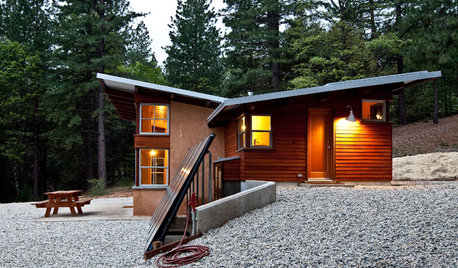
GREAT HOME PROJECTSHow to Add a Solar Water Heater
Lower energy bills without a major renovation by putting the sun to work heating your home’s water
Full Story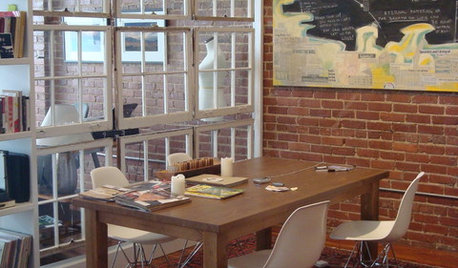
REMODELING GUIDESGet What You Need From the House You Have
6 ways to rethink your house and get that extra living space you need now
Full Story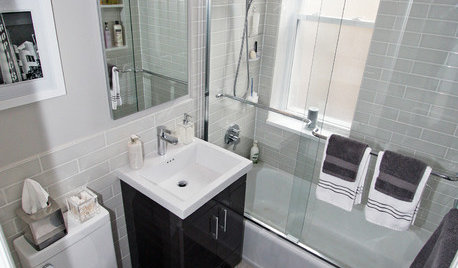
BATHROOM DESIGNWater Damage Spawns a Space-Saving Bathroom Remodel
A game of inches saved this small New York City bathroom from becoming too cramped and limited
Full Story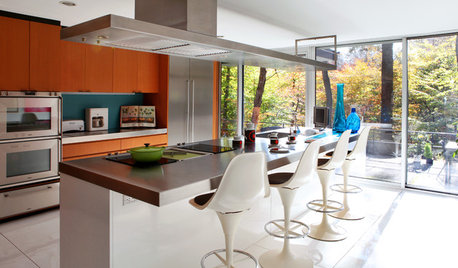
KITCHEN APPLIANCESLove to Cook? You Need a Fan. Find the Right Kind for You
Don't send budget dollars up in smoke when you need new kitchen ventilation. Here are 9 top types to consider
Full Story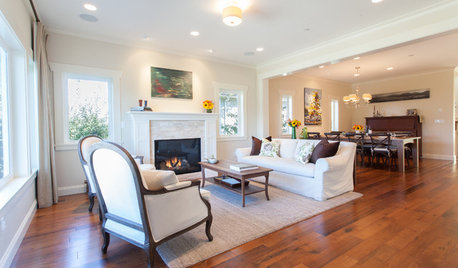
ARCHITECTUREDo You Really Need That Hallway?
Get more living room by rethinking the space you devote to simply getting around the house
Full Story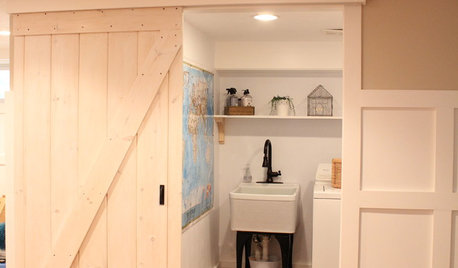
DIY PROJECTSMake Your Own Barn-Style Door — in Any Size You Need
Low ceilings or odd-size doorways are no problem when you fashion a barn door from exterior siding and a closet track
Full Story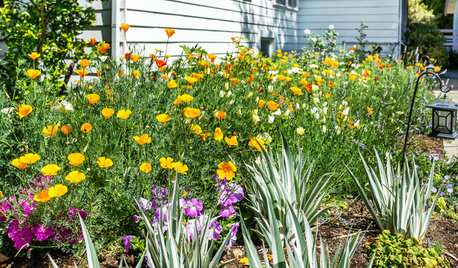
LANDSCAPE DESIGN10 Ideas for a Creative, Water-Conscious Yard
Check out these tips for a great-looking outdoor area that needs less water
Full Story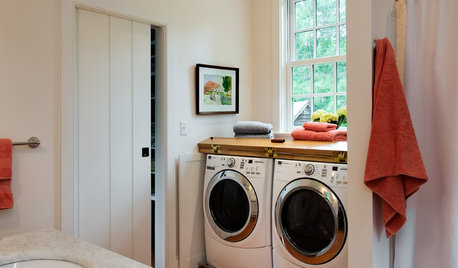
GREEN BUILDINGWater Sense for Big Savings
Keep dollars in your pocket and preserve a precious resource with these easy DIY strategies
Full Story
SAVING WATER11 Ways to Save Water at Home
Whether you live in a drought-stricken area or just want to help preserve a precious resource, here are things you can do to use less water
Full Story


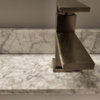
jake2007